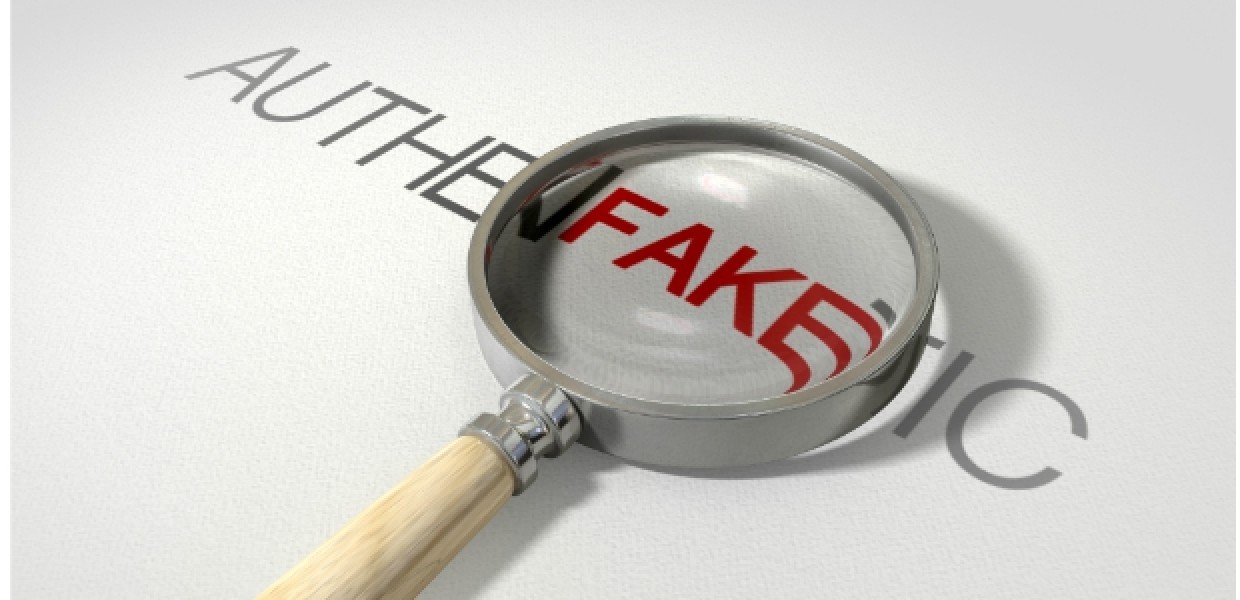-
Cambodia Counterfeits: Sales of fake luxury brands are surging as retail sector and online sales take off
-
Recent market research by Access Asia Consulting has found that nearly half of all apparel and footwear retail outlets in Cambodia’s capital, Phnom Penh, and its top tourist destination, Siem Reap, are selling counterfeit luxury brands.
The quality and prices range dramatically depending on the outlet, with markets in Phnom Penh and Siem Reap selling low-end fakes, while air-conditioned standalone outlets as well as stores in some malls, selling higher quality – and much more expensive – fakes.
The research found that the highest prices are most often for online sales, which are surging on Facebook.
The top five counterfeited brands targeting Cambodian women are Louis Vuitton, Chanel, Yves Saint Laurent, Dior and Versace, according to the research based on surveys of stock at stores and interviews with sales staff and managers. The top five counterfeit luxury brands targeting Cambodian men are: Armani, Burberry, Calvin Klein, Gucci and Ralph Lauren. Sales staff at several high-end outlets in Phnom Penh and Siem Reap said the most sought after brands by Chinese and Korean tourists are Gucci and Prada.
During our research, we were surprised by how openly sales staff and managers admitted that the products they sell are fakes. We were also startled by how deeply the counterfeits have penetrated the retail environment.
Our research found that shopping malls have implemented robust codes of conduct to prevent the sale of counterfeits. This is a critical mechanism to prevent the sales of fakes. However, it puts malls that do prevent the sale of fakes on their premises at a competitive disadvantage.
Research by property consultancy CBRE Cambodia notes that the supply of retail space in Phnom Penh – one of Southeast Asia’s fastest growing cities – is on track to more than double by 2020, compared to 2017.
Our research also found widespread sales of counterfeit sportswear, backpacks, handbags, wallets, watches, scents and colognes, and belts.
We found that there is a knowledge deficit about the sale of counterfeits in Cambodia, as most sales staff and store managers are unaware, or unconcerned, that it is illegal to sell counterfeits.
Cambodia is both a destination and transit country for counterfeit luxury goods, which enter Thailand primarily through the Poipet border crossing. We found massive amounts of luxury products for sale at Rong Kleu Market, on the Thai side of the border opposite Cambodia.
We are also following reports of crackdowns on sales of luxury counterfeits in Long Beach California, which has the largest ethnic-Cambodian community outside of Cambodia. We believe there is a very real possibility that they are receiving shipments from relatives or friends in Cambodia.
Positively, the Cambodian government has passed world class legislation for protecting IP rights and have assigned special police units to combat economic crimes, but laws are frequently ignored.
Our research found that some prominent businesses in Cambodia that have exclusive rights to distribute some global brands are also selling counterfeits of other brands.
Our conclusion is that a multipronged approach that includes awareness raising, targeted enforcement and collaboration with industry associations will go a long way to curbing the sale of counterfeit luxury goods in Cambodia.
* * *

